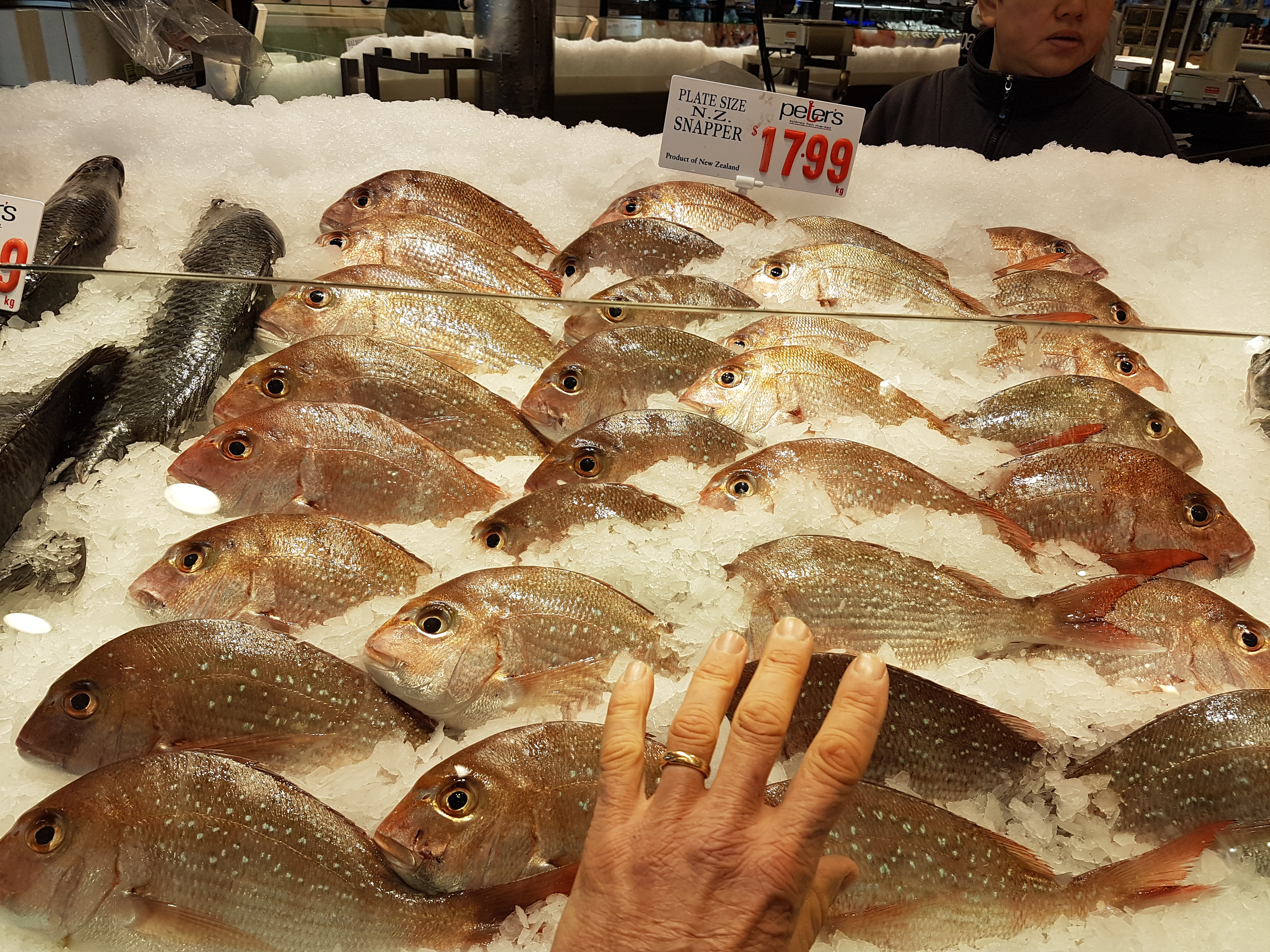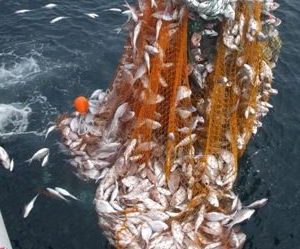It has been a strange start to 2019 and the coalition government has contributed to the weirdness, especially in terms of fisheries management.
On the one hand we have Labour Party policy supporting an independent inquiry into the Quota Management System, and on the other we have a coalition partner stonewalling the installation of cameras to monitor commercial fishing at sea on the basis of protecting provincial fisheries industries.

The latest addition to the bizarre is a 24-page proposal from the Ministry to remove size limits for commercial catch – instead undersize fish will be recorded, landed and sold. Apparently, this will increase information on what is actually caught and encourage fishers to avoid small fish. There are few details on how the reporting requirements and new rules will be enforced or whether commercial quotas will increase.
These developments need to be considered alongside recent convictions of companies and fishers under reporting catch from inshore waters, and the threats of legal action in offshore fisheries.
When seen through this lens it is no wonder that New Zealanders are growing increasing cynical with each round of ill-considered proposals and the laissez faire approach to management.
It seems that the Minister, Stuart Nash, and Ministry charged with protecting our kids’ inheritance are more concerned with improving incentives for the commercial fishing industry rather than taking direct management action as per their role as the statutory regulator.
In 2013 thousands of us stood together and demanded action against unnecessary wastage. Following our highly publicised Save Our Snapper campaign the then Minister, Nathan Guy, committed to improved monitoring of commercial fishing using observers and onboard cameras. Those plans have now been iced by Nash in favour of removing regulations and having simple rules apply to all quota species. These changes and incentives were discussed in a February paper Your fisheries – your say.
As we said last month, given the state of our fisheries we must reduce fishing mortality not encourage it. The way to reduce waste from catching and releasing undersize fish is to not catch them in the first place.
If we successfully remove bottom trawl effort from the inshore zone it would largely negate the debate and growing public concern around how to prevent juvenile mortality.
Incentivising people to follow best practice is great, but it doesn’t remove the need to both verify a change in behaviour and validate self-reported catch.
Currently all commercial catch data is reported by the fisher, occasionally with a Ministry observer on board. Analysis of earlier self-reported data when an observer is present, and in the absence of an observer, suggests there is widespread and routine misreporting. None of the Ministry’s current proposals address this fundamental weakness.
In a responding submission in mid-March we stressed the powerful incentives of the current management system for commercial fishers to sort the catch and dump the unprofitable portion of legal size fish before arriving at the wharf.
Cameras are part of the solution. Camera monitoring of commercial fishing has passed the point of being a potential benefit, in fact it is ground zero for many developed fisheries management systems.
The United Nations is so committed to improving reporting systems they are now providing capacity to nations that cannot afford to implement camera monitoring and analysis. That is because they realise that incentives and enforcement are sides of the same coin.
Our fisheries are paying the price for industry capture of the regulator, and the longer that New Zealand holds out and refuses to accept best practice the poorer we will all be.
The government needs to realise it cannot continue to hide behind a make-believe wall of blather and bizarre proposals. We do not want commercial catch limits increases in exchange for some hand wavy narrative about incentives. New Zealanders want change. We need effective management of our publicly owned fish stocks now.
More info
Fisheries Change programme – Our full submission (16 pages)
Our submission in brief – One page summary
Want to help?
If you want to support this ongoing effort please support us.





